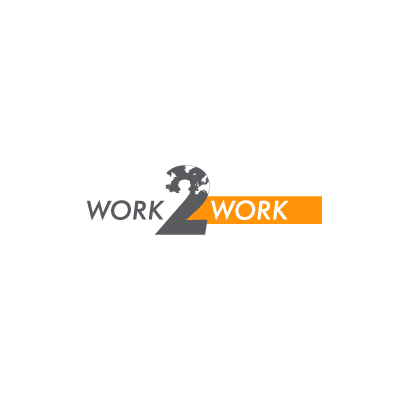The learning professional remains employable with a competency test
Products
Sunday 17 April 2022
It is sometimes said that some of your knowledge is already outdated as soon as you graduate from college. This was true at the beginning of the century, but today, it has really started to become a serious problem.
What widens the skill gap between the capabilities acquired and the skills needed is that many professionals have years of training based on the past. Setting up a training program begins with an inventory of the final attainment levels. But between the inventory of those attainment levels and the moment the first students start training, several years have already gone by. Only now are we seeing starters entering the labor market who have sufficient digital skills.
The skill gap threatens employability
Digitalization alone is not responsible for the skills gap. Our new, different view of work is also having an impact. According to Simon Beausaert, a senior lecturer in Workplace Learning at the University of Maastricht who conducts research on workplace learning, it is important to ensure that employees continue to learn after they are hired. Making mistakes is part of it, he says. Often, however, performance interviews are still focused on past performance. Employees often feel punished, which undermines learning.
He puts it this way on Radio BNR: "Put during a performance review not the emphasis on whether they have done all tasks well, but the emphasis on what they have learned, what does that mean for the coming year, where are the opportunities and how can you as a manager help to make those learning opportunities possible".
If, in the past, professional knowledge was the only thing that was important, in today's dynamic economy, flexibility is becoming the most important competency. Beausaert notes, "There is a lot more to it than just having the necessary expertise. Take flexibility, for example. If you really want to be employable, you have to be able to deal flexibly with changes in the environment. You have to be able to actively anticipate this."
The list of necessary competencies is longer, as it turns out, and includes: being a team player, active involvement in the organization, and the ability to correctly balance work and home life.
It is clear that work life demands quite a lot from professionals.
Companies that step up and help their employees acquire the necessary competencies can not only look forward to greater loyalty and lower turnover (a major advantage in today's tight labor market), but are also more agile and decisive. By investing in professionals, you invest in employability and competitiveness.
Increasing employability
The more competencies and skills someone possesses, the broader the employability of the professional. This starts with the immediate supervisor. They must hold a different kind of performance interview. Instead of looking back at how the job was done, you can instead look back at what the employee has learned and what they can still learn in the coming period.
A good starting point for a performance appraisal that is focused on learning is the competency test.
Competency test
A competency test is widely used during the recruitment and selection phase, where it acts as a selection tool to determine whether a candidate possesses the necessary skills to properly fill the vacant position. The cognitive capability test serves mainly to avoid bad hires.
Especially in the early days, competency tests were very expensive and labor intensive. The candidate had to go to a test center, where they were then screened by all sorts of specialists. Because a bad hire can easily cost € 50,000 (or more), this was primarily an investment when recruiting for key positions
For existing staff, there may have been a need for competency tests, but the price proved to be a limiting factor.
Virtual cognitive capability tests now readily available
A lot has changed since then. Nowadays, a competency test can also be taken online. An example of this is The Bridge Personality test.
This test was developed by scientists and measures 34 competencies as standard. Through smart algorithms and AI, a comprehensive and scientifically validated profile of the candidate can be created with much less staffing. Moreover, the smart test software can measure the extent to which the candidate has answered honestly.
Win-win
For the candidate, the online cognitive capability test is a lot more efficient. Instead of having to set aside a day for it and make a long trip, the candidate can simply log in and complete the test at a place and time that is convenient. Filling in the questionnaire takes no more than an hour, after which the report is immediately available. Both the candidate and HR employee save a lot of time this way.
The finance department will also be happy with the online competency test because it costs only a fraction of what a traditional assessments costs. This means that you can also use the test more often. For example, not only to test new hires, but to periodically identify the learning needs of existing staff.
With the handy report produced after completion of the test, you can easily identify what your employee still needs to learn in order to excel at their job or even prepare for a possible promotion.
Use the online competency test and completely revamp your outdated performance appraisal. The results of such tests make for a great opportunity to foster conversations about continued learning and professional growth. When the learning professional remains employable, everyone benefits. It’s a win-win!
Other interesting tips
Need help? Call us
This is what our satisfied customers say about us
“Work2work: 'The Bridge Career makes it easy to find a suitable role'.”
Jaye Bonnier
Work2Work



















